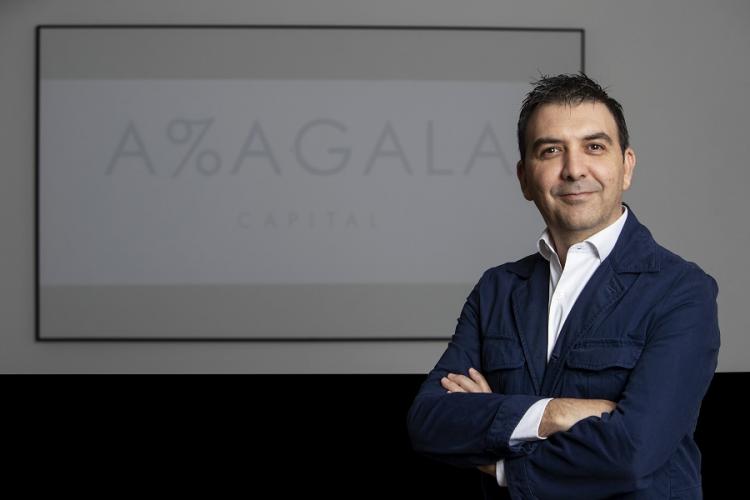How to be among the best managers of Spanish Value Funds
Esfera II Azagala, among the best managers of Spanish Value Funds with a 13.92% return in 2020.
- The bet on small caps makes its way among the best Spanish funds
- The size of the small caps means that large funds cannot buy them until they have multiplied by 25 or 50 times their size.
- Small caps, being small companies, have the capacity to grow faster than others with a larger size.
What are small caps and why do they attract attention in the financial markets? Among the best managers of Spanish Value Funds is Esfera II Azagala, and its manager, Daniel Tello, knows the answer: betting on small capitalization companies (analyzing their potential), which go unnoticed by many, can bring great benefits.
Esfera II Azagala is located within the ranking prepared by the financial and news community, Rankia, among the best managers of Spanish Value Funds, positioning itself as one of the most profitable funds in its category, with a 13.47% return in 2020 How did you do it?
“We invest in small caps that large funds cannot buy until they multiply their price several times,” explains Daniel Tello, adding that “we invest in credit bonds to obtain positive returns in a world of negative rates and we have a high degree of liquidity always available to be used in times of maximum uncertainty, as we saw in March 2020 ”.
The numerical limit to be able to classify a company as a small cap can vary between different sources of information. However, we could say that, in a general way, it would be the interval between 100 million and 500 million dollars. Therefore, any company whose market capitalization is within that range could be classified as small cap.
The ranking, published this month of January, shows that the fund that invests in unique companies looking for undervalued assets (stocks, bonds, convertible debt, options), with the aim of generating returns in a stable way over time, rapidly scales positions in the financial market. In fact, Azagala, which is committed to small niche companies (unknown to large funds), has only been active for a year.
The size of the small caps means that large funds cannot buy them until they have multiplied by 25 or 50 times their size. However, the returns that this generates if these rough diamonds are discovered soon may be unimaginable.
"As they are unknown and do not have professional analysts to follow them, their assets are usually not well valued and that is what produces the opportunity and extraordinary returns," says Daniel Tello.
Small caps, being small companies, have the capacity to grow faster than others with a larger size. That is, they have a greater ability to make profits grow at much higher rates. Which means that, by investing in them, we can obtain higher returns than doing it in companies with large capitalization.
“In general, it is easier to understand that it is easier for a company that sells 100 million to multiply its sales by 100 than for a company that already sells 100,000 million, but then, when it comes to investing, the majority of investors are unaware that all the large companies (Apple, Google, Amazon, etc.) started out small, ”says the Azagala manager.
About Daniel Tello
Daniel Tello is the CIO of Azagala Capital, the Advisor of the Sphere II Azagala Fund.
He achieved profitability for his investors, after the fall of the financial markets of March 2020, without neglecting the liquidity of his investment vehicle.
He firmly believes in the potential of saving and investing to obtain significant long-term returns, with the correct investment philosophy.
He has a degree in Business Administration from the Complutense University, a master's degree in Finance from Deusto and the Escuela Superior de Cajas de Ahorros and another master's degree in Value Investing and Cycle Theory.
He has spent most of his professional life in investment banking, in the ABN AMRO BANK and CECABANK entities. He is an expert in investments in financial markets, use of equity instruments, liquidity management, and business analysis and valuation.

